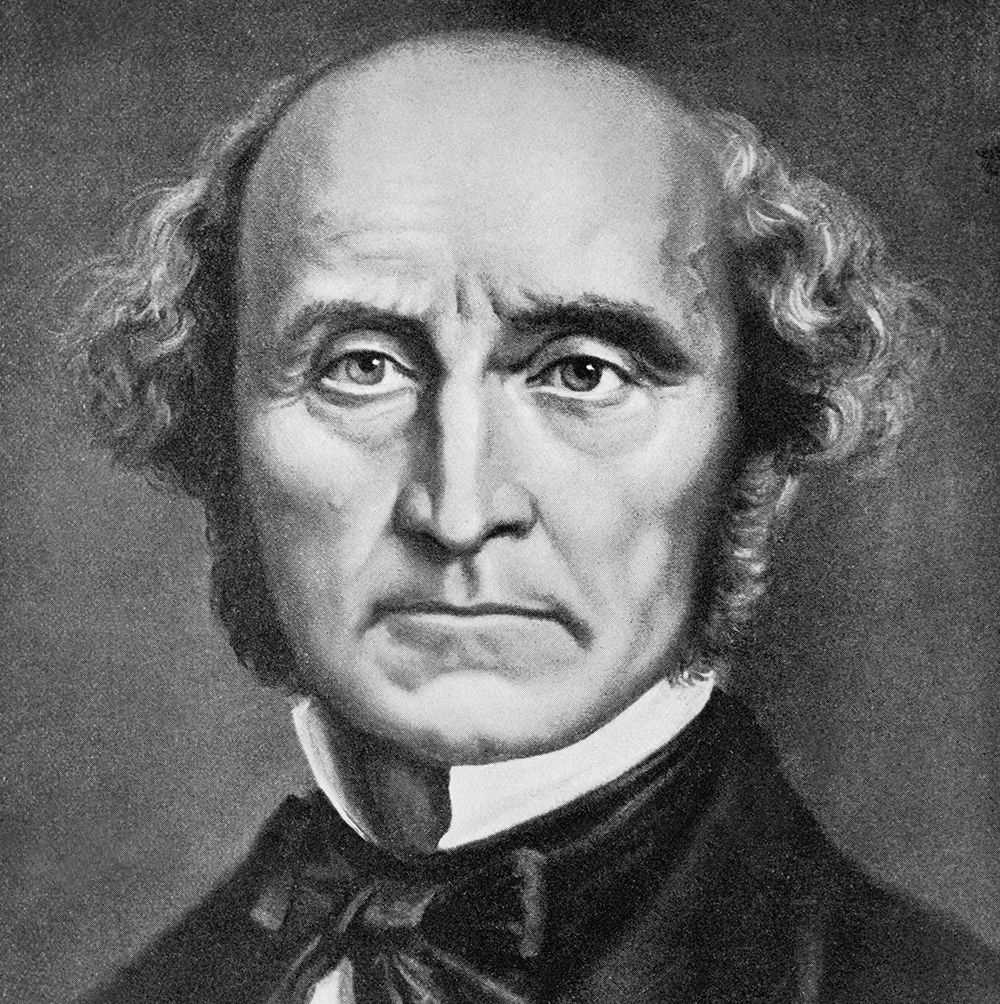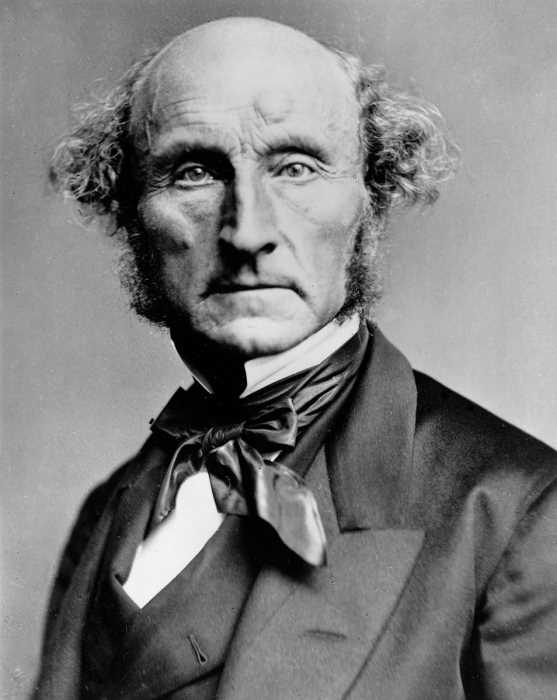John Stuart Mill: A Biography of the Influential Philosopher

John Stuart Mill was a renowned philosopher and economist who made significant contributions to the fields of political theory and economics. Born on May 20, 1806, in London, England, Mill grew up in a highly intellectual environment. His father, James Mill, was a philosopher and economist, which greatly influenced young Mill’s upbringing and education.
Mill received a rigorous education from an early age, studying a wide range of subjects including philosophy, history, mathematics, and economics. His father believed in the importance of education and ensured that Mill received the best possible instruction. As a result, Mill became a prodigious learner and developed a deep passion for knowledge.
During his early years, Mill was exposed to various political and philosophical influences that shaped his thinking. He was heavily influenced by the utilitarian philosophy of Jeremy Bentham, who argued that the moral worth of an action is determined by its utility in maximizing happiness for the greatest number of people. This utilitarian perspective had a profound impact on Mill’s own philosophical views.
Mill’s contributions to economics were significant and far-reaching. He is best known for his work on the principles of political economy, where he sought to reconcile the ideas of classical economics with the emerging theories of his time. Mill emphasized the importance of individual liberty and free markets, arguing that they were essential for economic progress and social welfare.
Mill’s legacy and impact on the fields of philosophy and economics cannot be overstated. His writings continue to be studied and debated by scholars around the world, and his ideas have influenced generations of thinkers. Mill’s emphasis on individual liberty, utilitarianism, and the importance of education remain relevant and influential to this day.
Early Life and Education

Mill’s education began at a young age, with his father serving as his primary teacher. James Mill believed in an intensive and rigorous education, and he sought to cultivate his son’s intellectual abilities from an early age. As a result, Mill was exposed to a wide range of subjects, including mathematics, logic, history, and philosophy.
At the age of 14, Mill started studying Greek and Latin at the University College London, where he quickly excelled in his studies. He was known for his exceptional memory and ability to absorb vast amounts of information. Mill’s education also included a strong emphasis on moral and political philosophy, which would later shape his own philosophical and economic views.
After completing his formal education, Mill began working for the East India Company, where he held various positions for over 30 years. During this time, he continued to pursue his intellectual interests and became involved in political and social reform movements.
Overall, Mill’s early life and education played a crucial role in shaping his intellectual development and laying the foundation for his later contributions to economics and philosophy.
Political and Philosophical Influences
John Stuart Mill was deeply influenced by the political and philosophical ideas of his time. He grew up in a household that valued intellectual pursuits and was exposed to a wide range of thinkers and ideas from an early age. His father, James Mill, was a prominent philosopher and economist who played a significant role in shaping his son’s worldview.
Mill was also influenced by the ideas of classical liberalism, which emphasized limited government intervention in economic and social affairs. He believed that individuals should be free to engage in voluntary exchanges and that government should only intervene to prevent harm or protect the rights of individuals.
In addition to these political and philosophical influences, Mill was also influenced by his own experiences and observations of the world around him. He witnessed firsthand the social and economic inequalities of his time, and this motivated him to advocate for reforms that would improve the lives of the working class and promote greater equality.
Conclusion
John Stuart Mill’s political and philosophical influences played a crucial role in shaping his ideas and beliefs. From the utilitarian philosophy of Jeremy Bentham to the concept of individual liberty, these influences provided the foundation for Mill’s work in economics and politics. His ideas continue to be influential today and have had a lasting impact on the fields of economics, philosophy, and political science.
Contributions to Economics

John Stuart Mill made significant contributions to the field of economics, particularly in the areas of political economy and utilitarianism. His ideas and theories continue to shape economic thought and policy to this day.
Another significant contribution of Mill’s was his advocacy for free trade. He believed that unrestricted trade between nations would lead to increased prosperity and economic growth. Mill argued that by specializing in the production of goods and services in which they have a comparative advantage, countries can maximize their overall welfare. His ideas on free trade continue to be influential in shaping international trade policies.
Furthermore, Mill’s writings on political economy also addressed issues such as income distribution, taxation, and the role of government in regulating the economy. He advocated for progressive taxation, where individuals with higher incomes pay a higher percentage of their income in taxes. Mill also argued for government intervention to address market failures and ensure social welfare.
Overall, John Stuart Mill’s contributions to economics have had a lasting impact on the field. His ideas on utility, value, free trade, and government intervention continue to shape economic thought and policy debates. Mill’s work remains relevant and influential, making him one of the most important economists in history.
Legacy and Impact

John Stuart Mill’s legacy as an influential philosopher and economist is undeniable. His ideas and writings continue to shape the fields of economics, political philosophy, and ethics to this day.
Mill’s work also had a significant impact on the field of economics. He was a strong advocate for free markets and believed that competition and open trade were essential for economic growth and prosperity. His ideas laid the foundation for classical liberalism and influenced economists such as Friedrich Hayek and Milton Friedman.
In addition to his contributions to political philosophy and economics, Mill also made important contributions to the field of ethics. He developed a theory of utilitarianism, which holds that actions should be judged based on their consequences and their ability to promote the greatest happiness for the greatest number of people. This ethical framework continues to be debated and discussed by philosophers and ethicists.

Emily Bibb simplifies finance through bestselling books and articles, bridging complex concepts for everyday understanding. Engaging audiences via social media, she shares insights for financial success. Active in seminars and philanthropy, Bibb aims to create a more financially informed society, driven by her passion for empowering others.
